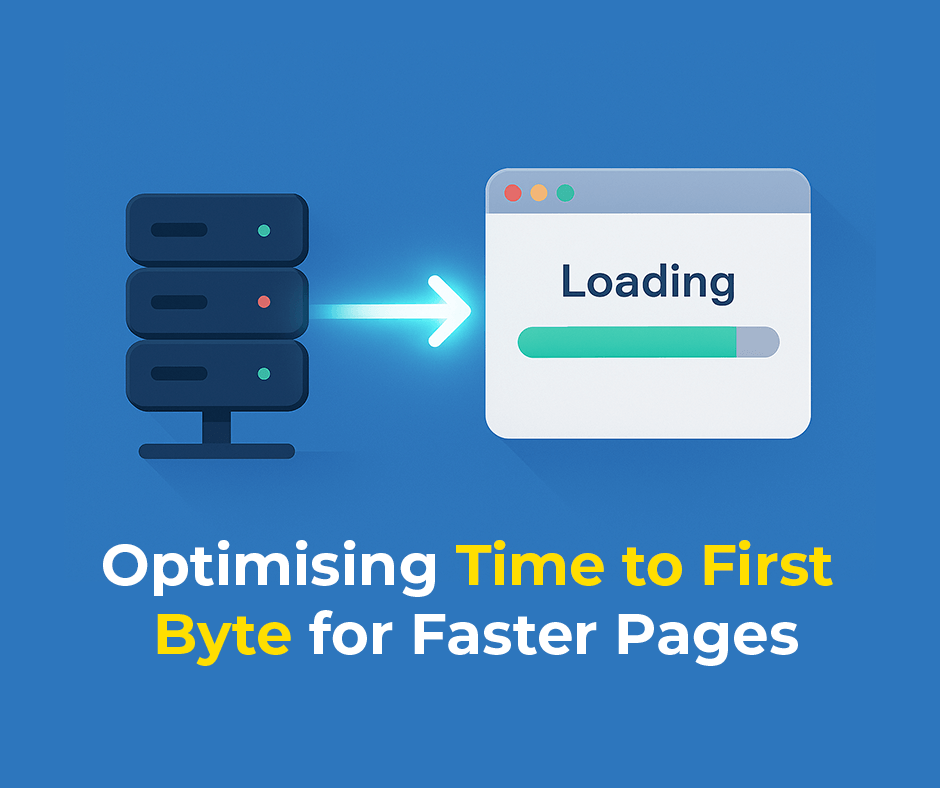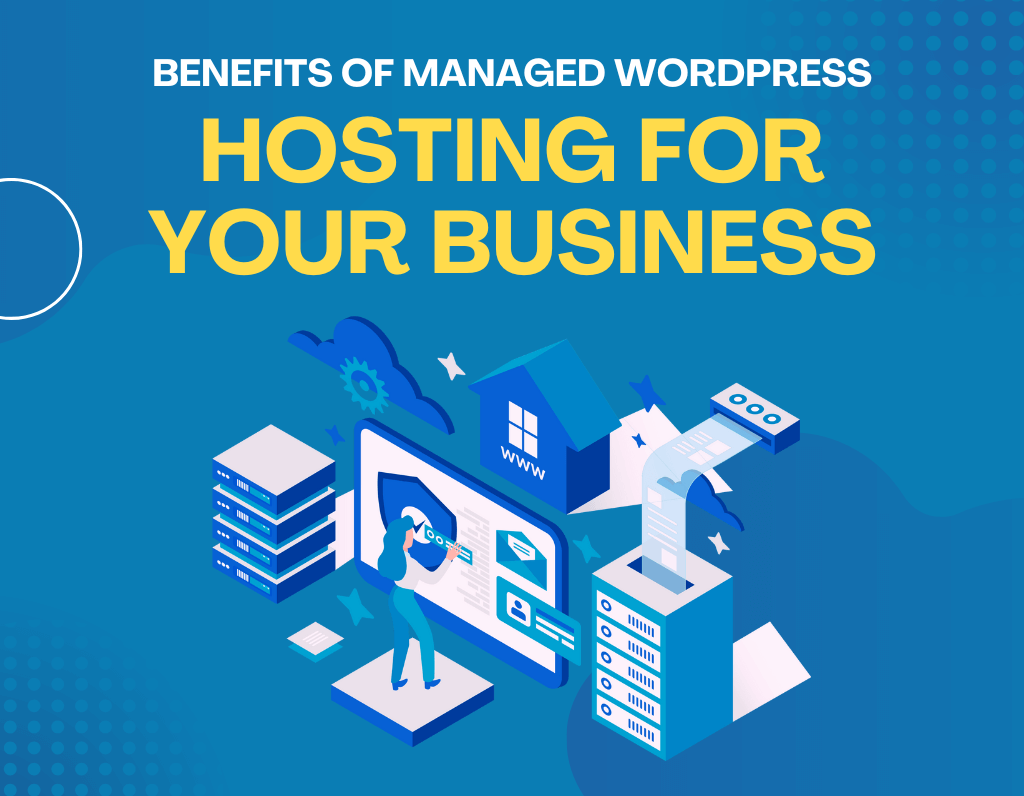Creating a website demands careful planning, design, and content creation. However, one of the critical decisions that often gets overlooked is choosing the right web hosting provider. In Australia, the options might seem overwhelming, but a careful evaluation based on specific criteria can guide you towards the ideal choice. This comprehensive guide will walk you through the essential factors to consider when selecting a web hosting provider Down Under.
Understanding Your Hosting Needs
Before diving into the selection process, it’s crucial to assess your website’s needs. Consider the type of website you’re building, its expected traffic, content management system (CMS), and any special features or applications you plan to incorporate. Understanding these requirements will help you identify the necessary hosting resources like storage, bandwidth, and server configuration.
Benefit: Boosting Website Performance with Tailored Hosting Features.
Understanding your website’s unique requirements is akin to fitting pieces of a puzzle together. It involves identifying the specifics of your website, such as the anticipated traffic volume, the nature of content you’ll present, the content management system (CMS) you’ll utilise, and any special features or applications your site may require. By comprehensively assessing these needs, you can match them with hosting features that precisely accommodate your requirements. This tailored approach ensures that your website operates optimally, with resources allocated appropriately to handle your expected traffic, content intricacies, and any specific functionalities essential for your website’s success.
Types of Web Hosting Services
In Australia, hosting providers offer various types of hosting, including shared, VPS (Virtual Private Server), dedicated, and cloud hosting. Every hosting type serves distinct requirements and financial plans. Shared hosting is cost-effective for small websites, while dedicated hosting provides exclusive resources for larger, high-traffic sites. Cloud hosting offers scalability and flexibility, ideal for businesses experiencing fluctuating traffic.
Benefit: Adapting Resources to Budget and Growth Demands.
Web hosting services come in various types, each designed to address specific needs and budgets. Shared hosting is cost-effective and suits smaller websites, while VPS (Virtual Private Server) and dedicated hosting offer more resources and control, ideal for larger or high-traffic sites. Additionally, cloud hosting provides scalability and flexibility, allowing your site to handle fluctuating traffic volumes effectively. Choosing the right type of hosting service aligns your resources with your current budget while ensuring the ability to scale as your website expands. This adaptability prevents unnecessary expenses while meeting the evolving demands of your growing website.
Server Location and Uptime Guarantee
The physical location of the hosting servers is critical, especially for local businesses targeting an Australian audience. Web hosting provider with data centres in Australia ensure faster loading times for local visitors. Additionally, check for uptime guarantees; reliable providers offer at least 99.9% uptime, minimising the risk of your website being inaccessible.
Benefit: Speeding Up Loading Times and Ensuring High Uptime.
The physical location of hosting servers plays a pivotal role in determining website performance. Selecting servers closer to your target audience—especially within Australia—reduces latency, resulting in faster loading times for visitors accessing your site. Furthermore, a high uptime guarantee from hosting providers assures that your website remains accessible to visitors virtually all the time, minimising disruptions and ensuring a seamless user experience. This combination of server proximity and high uptime ensures that your website performs reliably and efficiently.
Technical Support and Customer Service
Responsive technical support is invaluable, especially during critical moments like website downtime or technical glitches. Look for hosting providers offering 24/7 customer service through various channels like live chat, phone, or email. Assess customer reviews and ratings to gauge the quality of their support and response times.
Benefit: Minimising Downtime with Responsive Support.
Responsive and knowledgeable customer support acts as a safety net for your website. Technical issues or unexpected challenges can arise, causing website downtime or disruptions. Having access to support that promptly addresses these issues minimises the duration of any downtime, ensuring that your website remains operational and functional for your audience. Reliable support not only resolves problems swiftly, but also provides guidance and assistance, contributing to a smoother website operation and improved user experience.
Security Measures Offered
Ensuring the safety of your data is paramount while selecting a hosting provider. Look for features like SSL certificates, regular backups, malware scanning, and firewalls. A hosting provider that prioritises security safeguards your website and visitor data from potential cyber threats, instilling trust among your audience.
Benefit: Protecting Data from Cyber Threats with Robust Security.
Cybersecurity is paramount in today’s digital landscape. Robust security measures offered by hosting providers, such as SSL certificates, regular backups, malware scanning, and firewalls, act as a fortress shielding your website and sensitive data from potential cyber threats. These security features not only safeguard your website’s integrity, but also instil confidence and trust among visitors, assuring them that their interactions with your site are safe and secure. Maintaining a secure online environment is crucial for maintaining a positive reputation and credibility.
Scalability and Room for Growth
As your website expands, your hosting needs will evolve. A hosting provider that allows easy upgrades or downgrades of plans provides the flexibility to scale resources according to your requirements. Consider a provider that offers room for growth without compromising performance or incurring substantial additional costs.
Benefit: Seamlessly Expanding Without Interruptions or Extra Costs.
As your website grows, so do its demands. A hosting provider offering scalability allows you to effortlessly adjust resources according to your evolving needs without causing disruptions or incurring excessive additional costs. This flexibility ensures that your website can smoothly expand and accommodate increased traffic, additional content, or enhanced functionalities without compromising performance or user experience. It provides the freedom to adapt to changes without constraints, supporting your website’s continual growth.
Pricing Plans and Additional Features
Compare pricing plans across different hosting providers in Australia. While cost is essential, don’t compromise on critical features for a cheaper option. Assess the features included in each plan, such as domain registration, email accounts, website builders, and additional services like SEO tools or marketing credits.
Benefit: Maximising Value with Cost-effective Plans and Extra Perks.
Selecting a hosting plan that maximises the value of your investment involves considering various factors beyond cost alone. A cost-effective plan should encompass essential features that align with your website’s needs and goals. Additionally, it may offer additional perks, such as domain registration, email accounts, website builders, or marketing credits, which enhance the overall value proposition. Maximising value ensures that you receive comprehensive services without unnecessary expenses, contributing to an efficient and impactful hosting solution for your website.
Reputation and Reviews
Research the reputation of hosting providers by reading reviews, testimonials, and independent evaluations. Look for feedback regarding uptime, customer service, security, and overall satisfaction. Reliable hosting providers often have a track record of delivering quality services and garner positive feedback from their clients.
Benefit: Ensuring Reliability via Positive User Reviews
Relying on the reputation and user reviews of hosting providers is akin to seeking recommendations from experienced individuals. A provider’s reputation is a testament to its track record in delivering quality services and satisfying customer needs. Positive reviews from users regarding uptime, customer service, security, and overall satisfaction indicate the provider’s reliability and ability to meet expectations. Choosing a reputable provider backed by positive user experiences increases confidence in the reliability and performance of the hosting service, contributing to a more trustworthy and stable online presence for your website.
Conclusion
Selecting the right web hosting provider in Australia requires careful consideration of various factors to ensure your website’s optimal performance, security, and scalability. Understanding your hosting needs, evaluating different types of hosting, examining server locations, prioritising support and security, considering scalability, pricing plans, and reviewing the provider’s reputation are key steps in making an informed decision.
Take the time to research and compare different hosting providers based on these criteria before making your final choice. Remember, the right hosting partner can significantly impact your website’s success, so pick wisely to lay a strong foundation for your online presence in Australia.
You may also like:
What is a Website Hosting Service?





